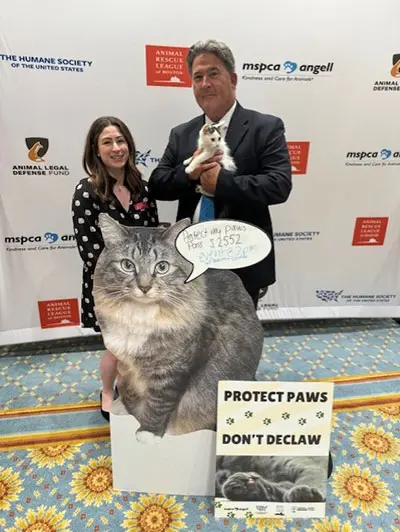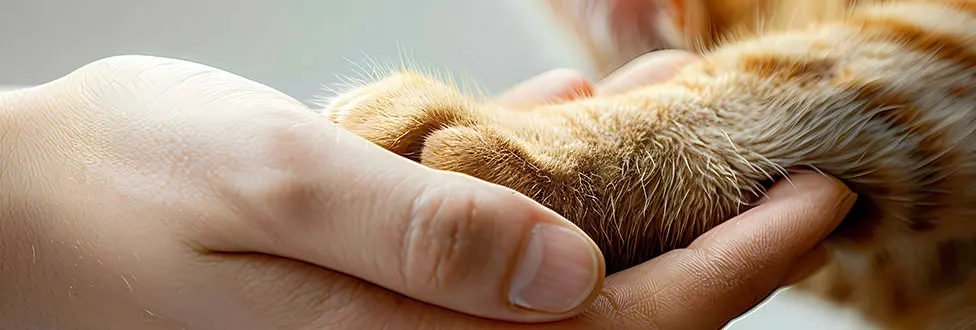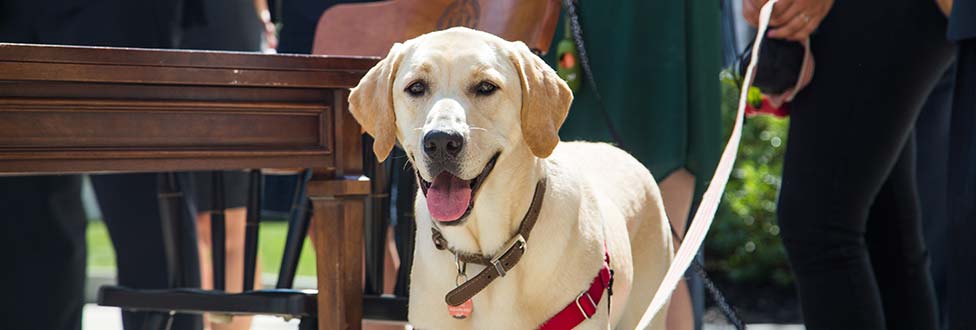Massachusetts becomes the 4th state to ban declawing
Governor Maura Healey signed into law a ban the cruel practice of declawing, an effort lead by Sponsor Senator Mark Montigny for several sessions.
Supported by animal protection organizations like the Animal Rescue League of Boston (ARL) and veterinarians across Massachusetts, this law will ensure that cats do not have to endure unnecessary and painful invasive procedures.
Declawing involves the amputation of bones on a cat’s foot or severing a tendon to prevent extension of the claws and often results in significant medical and behavioral problems for cats.
ARL has actively supported efforts to ban declawing in Massachusetts since the bill was first filed in 2019.
“The Governor’s signing into law a ban on feline declawing marks yet another achievement for animal protection this session. Declawing of cats does not improve the human-animal bond and often results in serious medical and behavioral problems. Banning this cruel practice, which is in essence amputation, will prevent cats in Massachusetts from needless pain and suffering. We are thankful to the Governor for her signature, bill sponsor Senator Mark Montigny for his tireless leadership on this bill and commitment to making Massachusetts a better place for animals, as well as Senate President Karen Spilka, Speaker Ronald Mariano, Senate Ways and Means Chair Michael Rodrigues, House Ways and Means Chair Aaron Michlewitz, and Chairs of Consumer Protection and Professional Licensure Representative Tackey Chan and Senator John Cronin,” said Ally Blanck, Director of Advocacy at ARL.

Ally Blanck, Director of Advocacy at ARL, with Senator Mark Montigny
In addition to the ban on cat declawing, the following were also signed into law in 2024:
- “Ollie’s Law,” which requires reasonable rules and regulations for dog daycares and boarding kennels.
- A law to prohibit the use of elephants, big cats, primates, bears, and giraffes in traveling shows in Massachusetts took effect on January 1.
- As of January 7, a dog’s breed can no longer be a factor in determining whether a family can adopt or foster children. This bill also removed restrictive language that hindered employees and contractors of human services agencies from reporting suspected animal cruelty.
- S. 2908, a bill with provisions that ban the sale of animals under eight weeks and prevent the roadside/outdoor sale of animals was also signed into law on January 8.
The declawing law takes effect on April 8. Violation of the law is a fine and can also include disciplinary action by the veterinary board.
Learn more about ARL’s advocacy efforts.








